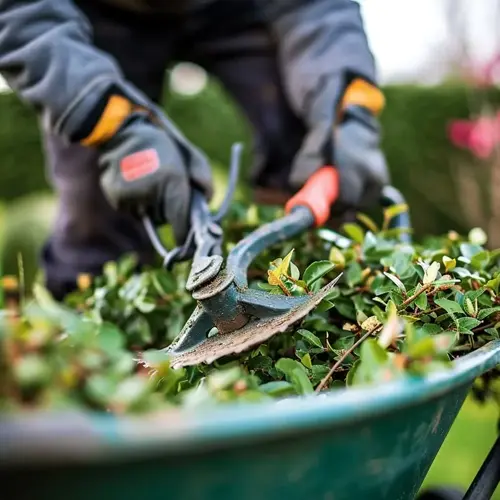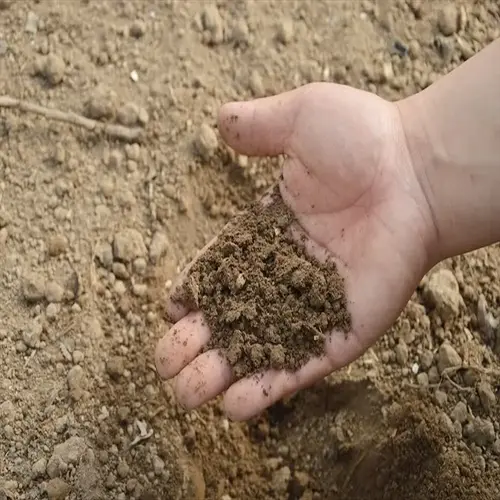What should not be planted near tomatoes?

Written by
Nguyen Minh
Reviewed by
Prof. Martin Thorne, Ph.D.Understanding what not to plant next to your tomatoes will safeguard your garden against covert dangers. Unfriendly companions compete for nutrients and even spread disease. Prevent costly errors by knowing which plants are incompatible with each other. I know this from an unfortunate experience when I lost my tomatoes to walnut toxicity!
Corn and tomatoes compete for nitrogen in the soil. Both crops have shallow roots that compete for resources, which will restrict their root growth and reduce their yields. Space apart from these crops or try something else, such as beans.
Fennel
- Releases root chemicals that inhibit tomato growth
- Causes stunted development and yellowing leaves
- Plant at least 10 feet away from tomatoes
Potatoes
- Shares blight diseases that spread rapidly
- Attracts Colorado potato beetles that damage tomatoes
- Creates dense foliage blocking sunlight
Walnuts
- Produces juglone toxin through roots and leaves
- Causes wilting and death in tomato plants
- Requires at least 50 feet separation distance
Brassicas, such as cabbage, release growth-inhibiting chemicals. These compounds disrupt tomato root development. Your tomatoes struggle to absorb water and nutrients. Replace them with lettuce that coexists peacefully.
Nightshade relatives create disease transmission risks. Peppers and eggplants share fungal blights with tomatoes. Planting them together spreads infections fast. Separate them with onion barriers that naturally repel pests.
Choose safe alternatives for healthier tomatoes. Basil repels flies while marigolds deter nematodes. These companions create protective circles around your plants. Your tomatoes will thrive in this supportive environment.
Read the full article: Best Tomato Companion Plants

